Heart Surgery at 25, The Journey to Love
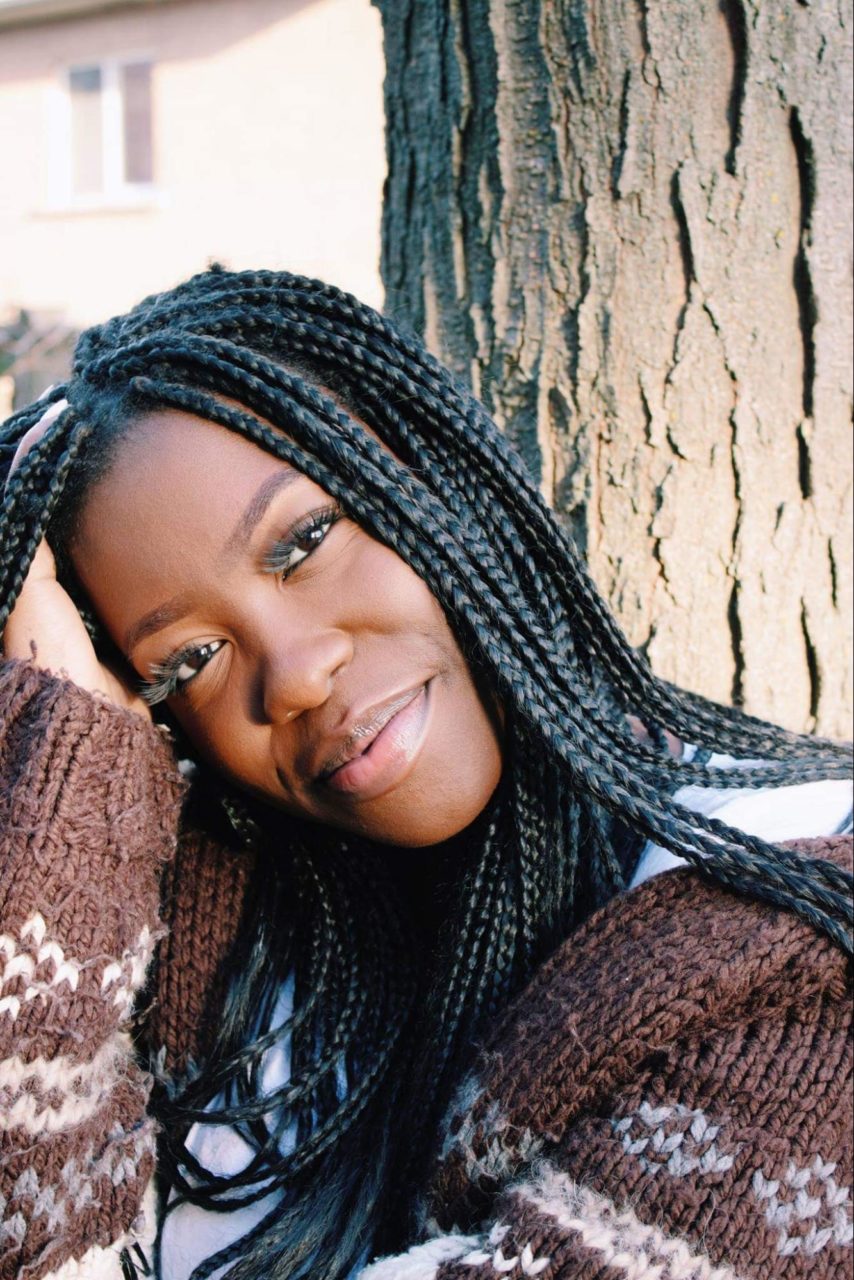
This essay is part of the monthly Collective Culture column. Written by Anna Akoto and edited by Bobbi Adair.
Stage 1 of quarantine presented me with an opportunity to salvage hobbies that I had discarded in exchange for my 9-5; one of those being reading. I can’t remember the last time I read a book for fun. As I scrolled through my local bookstore’s website, a book with a red cover caught my eye.
“You have to read it.”
“It’ll change your whole perspective on love.”
The promptings of my former co-workers entered my mind. I vividly remember them telling me to read All About Love: New Visions by bell hooks two years ago. I’m embarrassed that it took me this long to read it but nonetheless, I added it to my cart and patiently waited for it to be delivered to my house.
Love was always a complicated word for me. I very rarely said “I love you” to my parents. I had never experienced love with a romantic partner. My eyes would roll on command when I heard people say “love is the answer” in response to solving social injustices. To me, love was a pair of rose-coloured glasses that humans selectively put on to excuse wrongdoing and take off when they no longer wanted their vision to be obstructed.
It had no meaning to me unless I was talking about food, live music or Joshua, my brother.
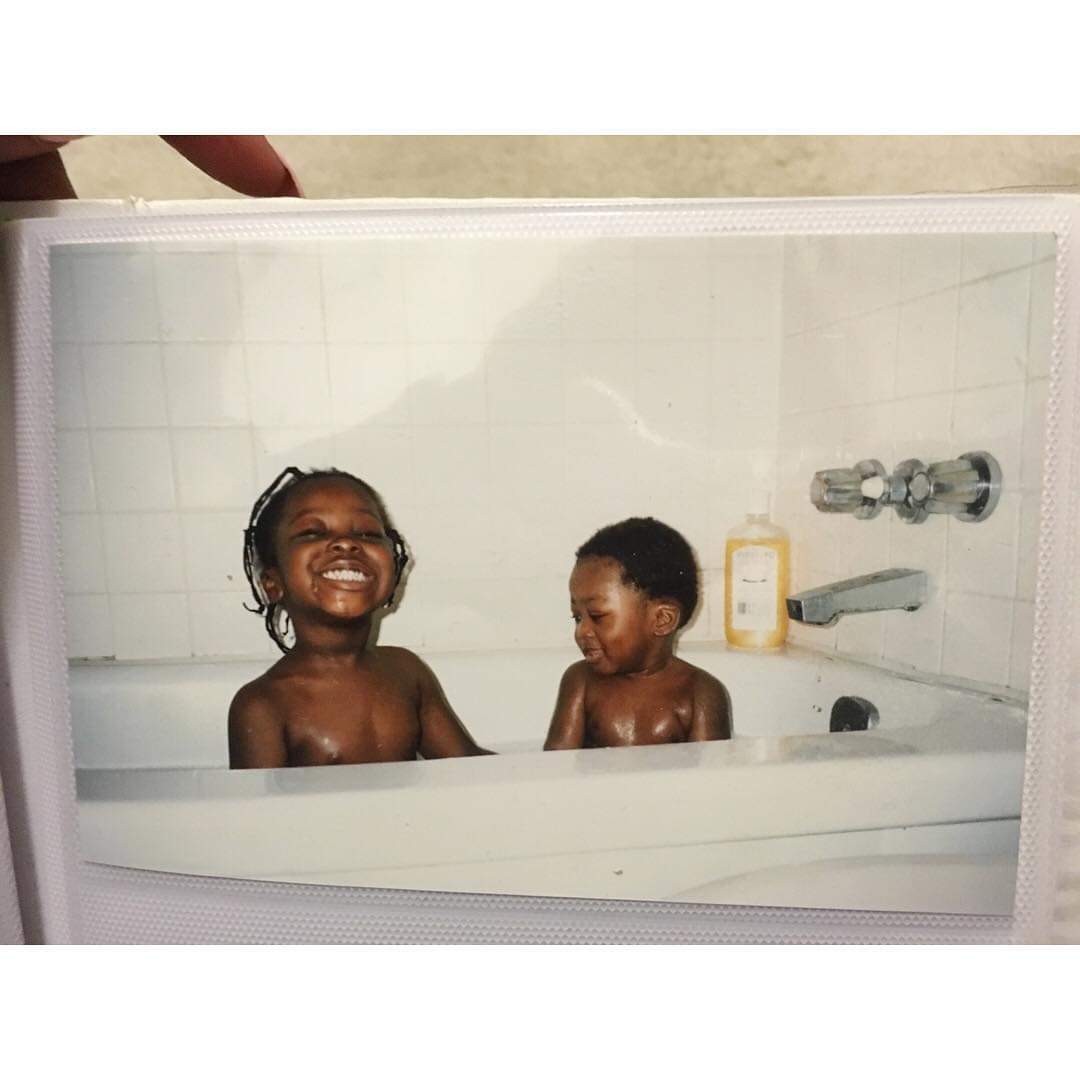
A snapshot at bathtime by Mama Akoto
Seven months later, I’m finally on the last chapter. It shouldn’t have taken me this long to finish this book, but every couple of pages, I had to put it down and reflect on the information I was receiving.
It started with me learning that love is a verb. hooks’ definition of love is a direct quote from M. Scott Peck’s The Road Less Traveled. Love is “the will to extend one’s self for the purpose of nurturing one’s own or another’s spiritual growth.” Cue me closing the book. I was only on page four and hooks was already putting me on game.
The will to extend one’s self for the purpose of nurturing one’s own or another’s spiritual growth.
That kind of love is not something one “falls” into; it’s intentional. It has vision. This newfound understanding caused me to assess the relationships in my life. Am I being nurtured by my friends and family? Am I nurturing them? I realized that the only reciprocal, loving relationship in my life is with my brother. Many of my connections are not loving.We weren’t taught how to love — we were taught how to provide care.
This is when I started emotional open-heart surgery on myself.
Like many people, my first interactions with care began in my family. Growing up in a Ghanaian household, hospitality was extremely important. Throw in being the only girl and the eldest child, it was almost my birthright to learn how to care for people. Don’t get me wrong, care was, and still is, important. Care helped my parents ensure there was food to eat, that bills were paid and a roof was over my head, but it wasn’t love. Oddly enough, this revelation didn’t make me sad. It brought clarity. I was able to understand why my non-tangible needs like emotional support and emboldening my imagination were neglected. I was able to understand why I was so repulsed by love – I had been taught the wrong definition.
This presented me with an opportunity to redirect my steps. Equipped with a fresh perspective, I made a choice that the relationships I had, and desired to have, required this new approach.
There are many factors that influence one’s ability to receive and give love, specifically romantic love. I have no choice but to be cognizant of how my race and gender play a role in how men treat me. Patriarchy allows people to view me as subordinate. White supremacy is the seed that brings forth racism, colourism, colonialism, imperialism and more. As a dark-skinned Black womxn, patriarchy and white supremacy work in concert to negate any love in my life.
I distinctly remember being on a FaceTime call with a man I was seeing and him describing the type of women he was attracted to: “This girl is so beautiful. I love big curly hair.” As he showed me images of women he found attractive, I couldn’t help but notice that they all had a particular look — light-skinned with big, curly hair. That wasn’t me.
Moments like that led me to close the door on the pursuit of romantic love. I felt like if I continued dating, I would succumb to thoughts of changing or hiding parts of myself to be palatable for someone. In chapter 10 “Romance: Sweet Love,” hooks simply states that when we fail at romantic love, it means we have not learned the art of loving. I had to take a step back and evaluate where I was going wrong. I realized that I wasn’t being honest to myself about my desire to experience true romantic love because I feared that the type of man I wanted would not want me. Now that’s sad.
If I wanted my life to be full of love in all aspects — family, friendship, romance, career, I needed to believe that I was deserving of love. I needed to give myself the love I desired and sometimes gave to others. That meant being honest, speaking up for what was right, giving myself rest and taking ownership for wrongdoing. It also meant being committed and valuing respect and trust. Creating a code of ethics based on love and compassion, while building community with people who share the same values — that is the solution for creating an environment where love can thrive.
It isn’t easy living a life of love. Take a look around: dysfunction and exploitation has become normal. Every time I hear another Black person has been murdered or how Indigenous peoples’ livelihood continues to be jeopardized, I can’t help but feel hopeless.
We criticize people who “care too much.” We silence people who tell the truth. Accountability? Who is she?
But love is radical — and essential work. So my question is: are you willing to do the work?
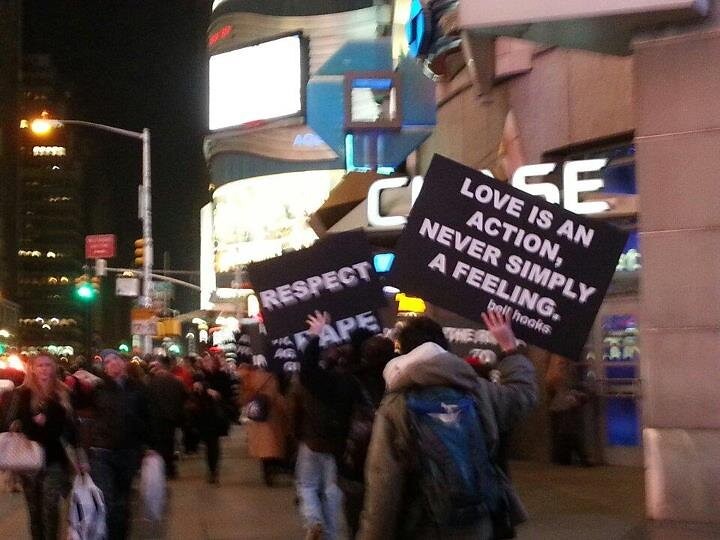
“Respect” by UNARMED CIVILIAN is licensed under CC BY-NC 2.0
About the Author
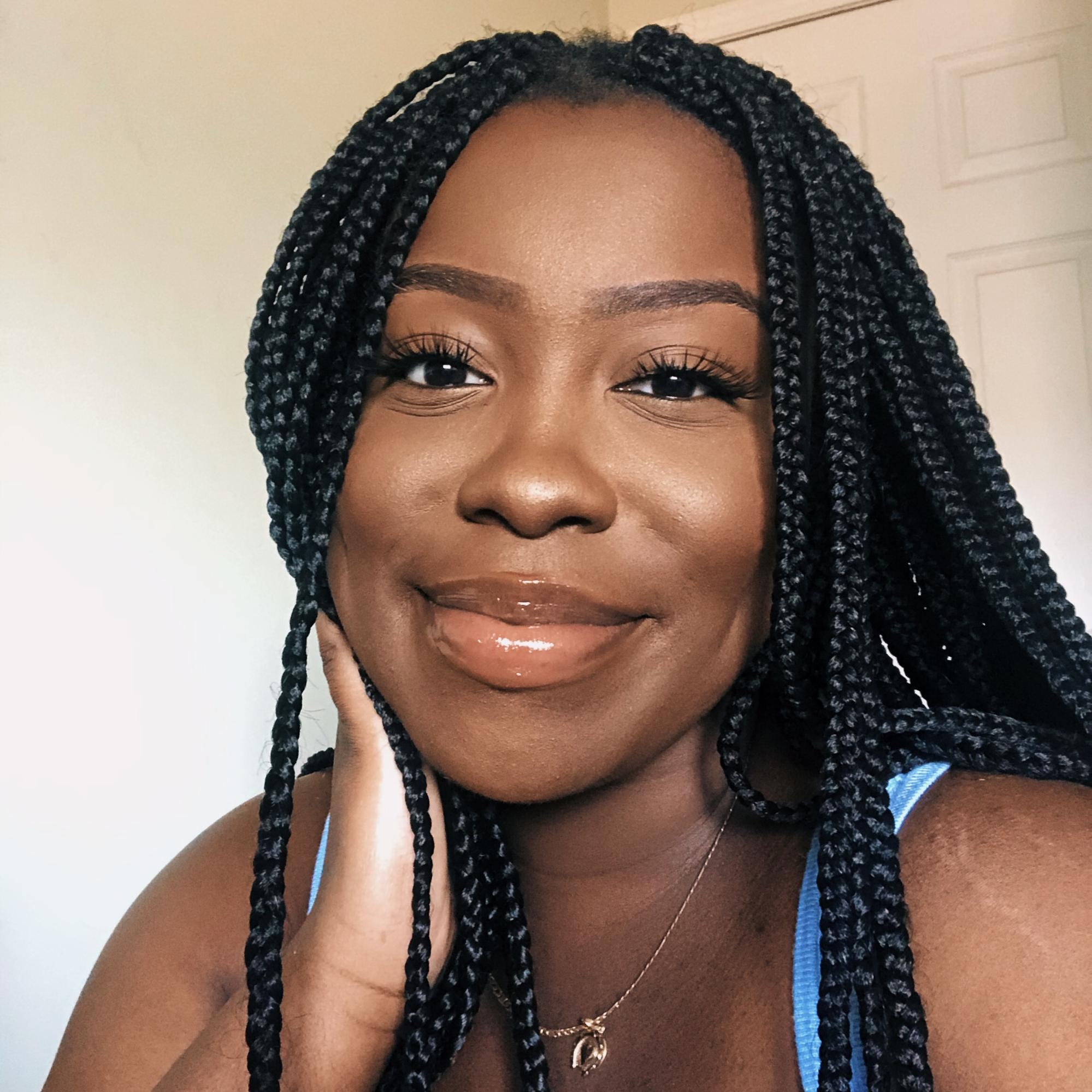 Anna Akoto is a content creator from Toronto. If she’s not stress-baking or watching a college football game, she’s probably recording for her podcast ‘so these are my twenties.’ Anna is also the digital coordinator for Collective Culture, a platform that amplifies the voices of Black, Indigenous and People of Colour through programming and content.
Anna Akoto is a content creator from Toronto. If she’s not stress-baking or watching a college football game, she’s probably recording for her podcast ‘so these are my twenties.’ Anna is also the digital coordinator for Collective Culture, a platform that amplifies the voices of Black, Indigenous and People of Colour through programming and content.
Instagram: @anna_akoto

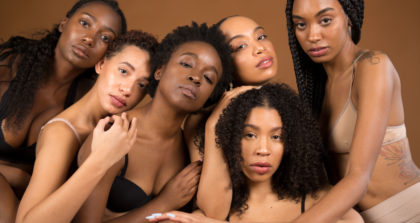
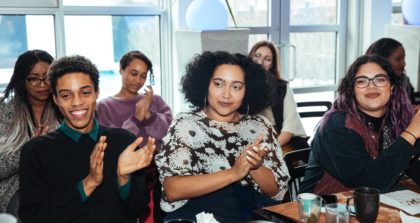
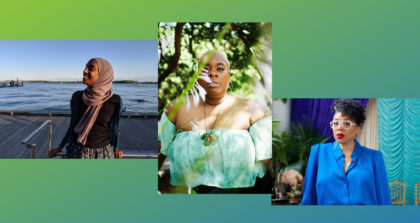
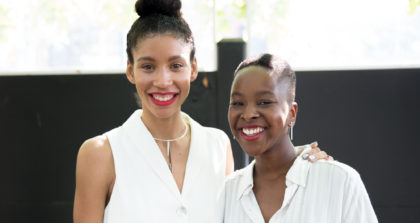
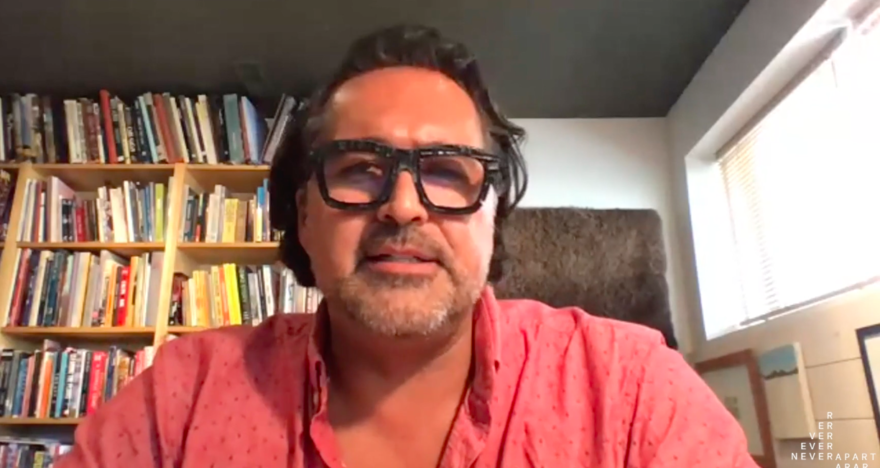
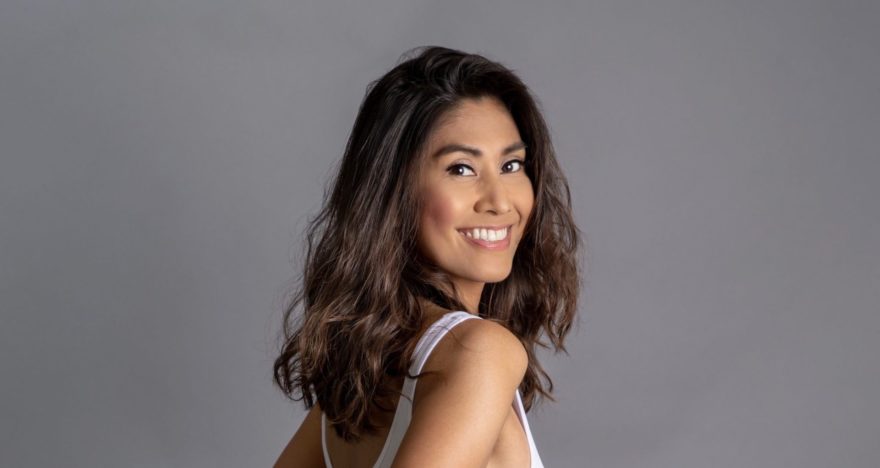
View Comments
No Comments (Hide)